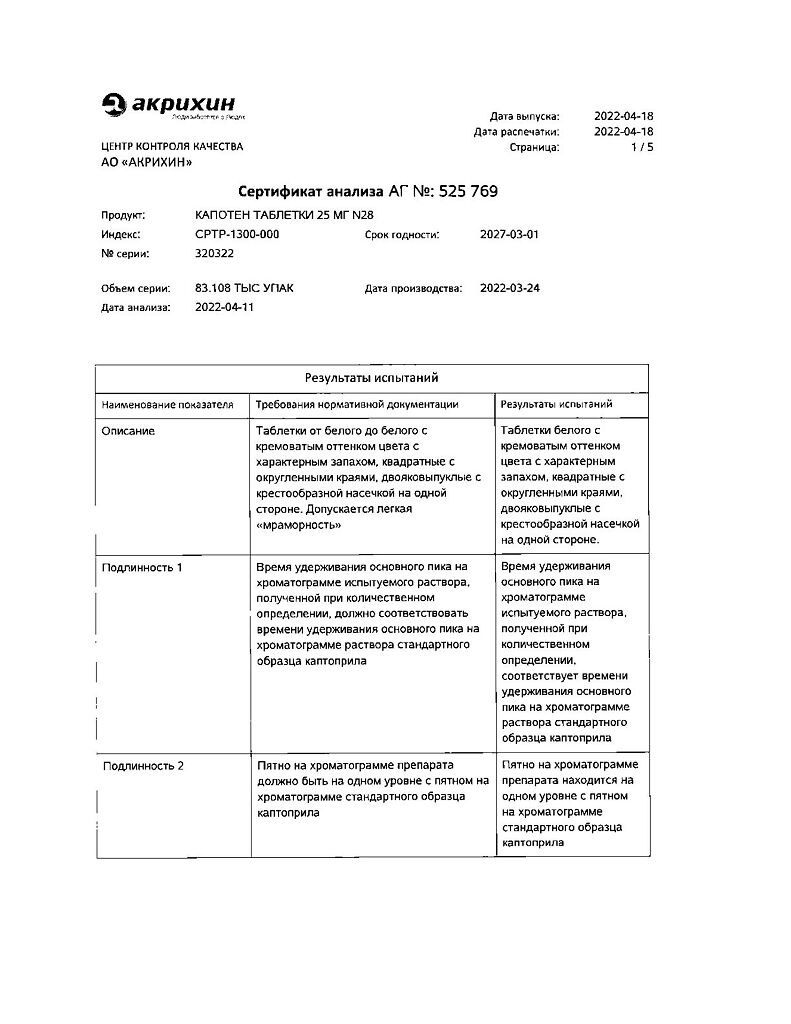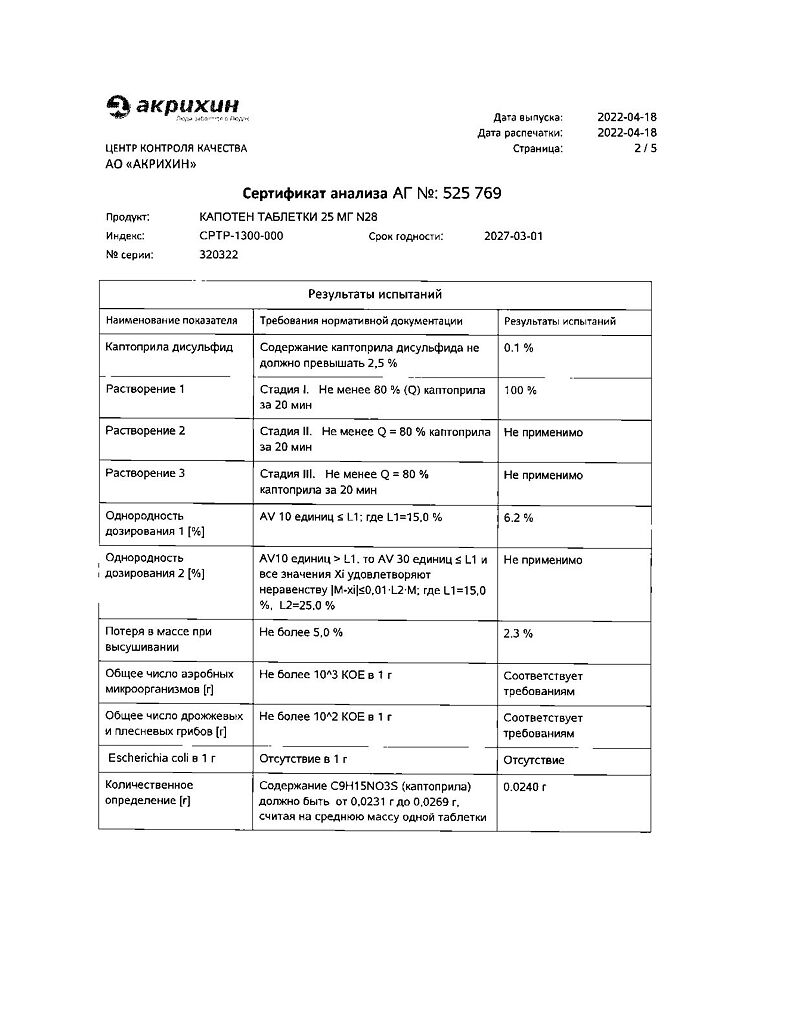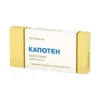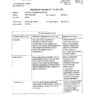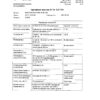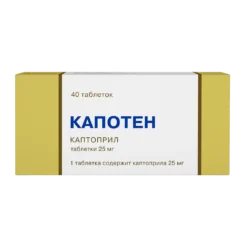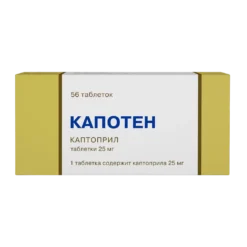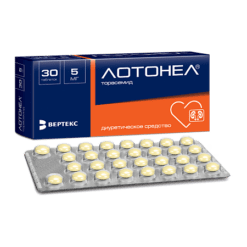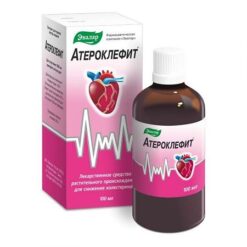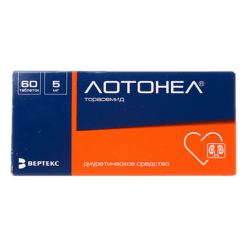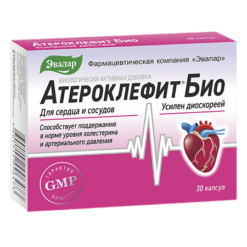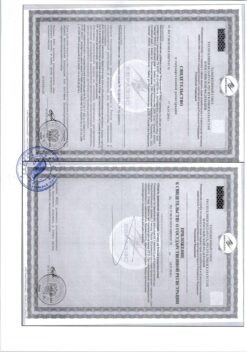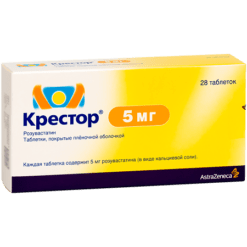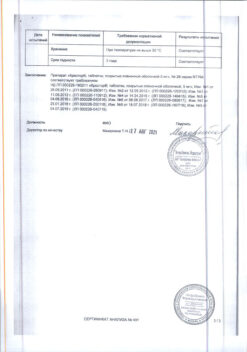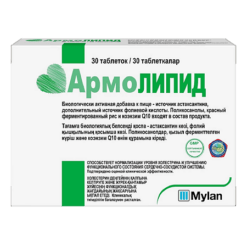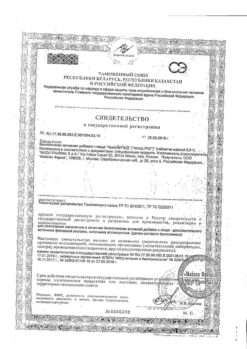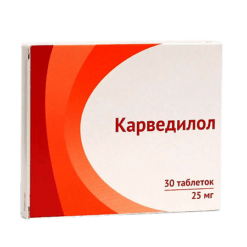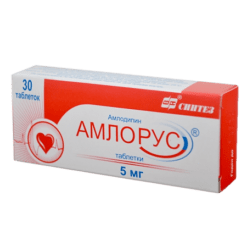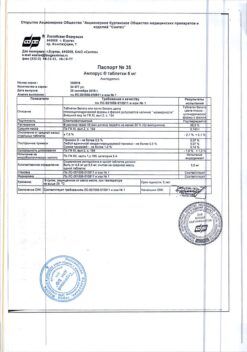No products in the cart.
Capoten, tablets 25 mg 28 pcs
€6.05 €5.38
Description
Capoten is a hypotensive.
It is a highly specific competitive ACE inhibitor. Inhibits the conversion of angiotensin I to angiotensin II (a powerful vasoconstrictor).
Indications
Indications
Arterial hypertension (as monotherapy and in combination with other antihypertensive drugs, especially thiazide diuretics), chronic heart failure (as part of combination therapy), myocardial infarction (for the treatment of patients with impaired left ventricular function after a heart attack, in a stable clinical condition), diabetic nephropathy (microalbuminuria more than 30 mg / day) with insulin-dependent diabetes.
Pharmacological effect
Pharmacological effect
Capoten – hypotensive.
It is a highly specific competitive ACE inhibitor. Prevents the conversion of angiotensin I to angiotensin II (a powerful vasoconstrictor).
Special instructions
Special instructions
Capoten should be prescribed with caution for collagenosis due to the increased risk of neutropenia and agranulocytosis.
When prescribing the drug to patients with severe water-electrolyte imbalance, this condition should be corrected. During treatment with Capoten, it is not recommended to take potassium-sparing diuretics or potassium supplements, especially in patients with severe renal impairment.
Angioedema of the extremities, face, lips, mucous membranes, tongue, pharynx or larynx is observed in patients using ACE inhibitors, including captopril. If the swelling is limited to the face and lips, this condition usually goes away when you stop using the drug. Antihistamines can be used to relieve clinical symptoms. Patients should be under medical supervision until symptoms disappear. If swelling covers the tongue, pharynx or larynx with a threat of developing airway obstruction, 0.5 ml of 0.1% adrenaline solution should be administered subcutaneously.
During treatment with Capoten, a low sodium diet is indicated.
Capoten can cause a false-positive reaction when testing urine for acetone.
Use in pediatrics
The safety and effectiveness of the drug in children have not been studied.
Active ingredient
Active ingredient
Captopril
Composition
Composition
Each Capoten tablet contains: – captopril 25 mg.
Excipients:
microcrystalline cellulose,
corn starch,
stearic acid,
lactose.
Contraindications
Contraindications
History of hypersensitivity (including to other ACE inhibitors), Quincke’s edema (hereditary or associated with a history of use of ACE inhibitors), severe renal and liver dysfunction, hyperkalemia, bilateral renal artery stenosis or stenosis of the artery of a single kidney with progressive azotemia, condition after kidney transplantation, aortic stenosis and similar obstructive changes that impede blood outflow, pregnancy, breastfeeding.
Side Effects
Side Effects
From the cardiovascular system: orthostatic hypotension, tachycardia, peripheral edema.
From the respiratory system: dry cough, bronchospasm, pulmonary edema.
Allergic reactions: angioedema of the extremities, face, lips, mucous membranes, tongue, pharynx or larynx.
From the side of water and electrolyte balance: hyperkalemia (most likely in renal failure), hyponatremia (most often with a salt-free diet and simultaneous use of diuretics.
From the urinary system: proteinuria, increased levels of urea nitrogen and creatinine in the blood plasma, acidosis.
From the hematopoietic system: in rare cases – neutropenia, agranulocytosis, thrombocytopenia and anemia, a positive test for antibodies to nuclear antigen. In patients with normal renal function (creatinine clearance less than 1.6 mg/dl) in the absence of other complicating factors, neutropenia was observed in 0.02% of cases.
From the digestive system: reversible and usually self-limiting taste disturbance, dry mouth, aphthous stomatitis; rarely – abdominal pain, diarrhea, gingival hyperplasia, hepatitis, increased levels of hepatic transaminases in the blood plasma, hyperbilirubinemia.
Dermatological reactions: macular-papular rash, usually accompanied by itching and, in rare cases, increased body temperature; hyperemia, vesicular or bullous rashes, erythema (including Stevens-Johnson syndrome), photosensitivity.
From the central nervous system and peripheral nervous system: headache, dizziness, ataxia, paresthesia, drowsiness, visual impairment.
Interaction
Interaction
Diuretics, vasodilators, ganglion blockers, adrenergic blockers, when used simultaneously, enhance the antihypertensive effect of the drug Capoten.
Indomethacin and other NSAIDs, as well as clonidine, may reduce the antihypertensive effect of Capoten.
During the simultaneous use of Capoten with allopurinol and procainamide, neutropenia and/or Stevens-Johnson syndrome may be observed, but cause-and-effect with
Overdose
Overdose
Symptoms: marked decrease in blood pressure.
Treatment: administration of plasma replacement drugs and hemodialysis are effective.
Storage conditions
Storage conditions
In a dry place, at a temperature not exceeding 25 °C
Shelf life
Shelf life
5 years
Manufacturer
Manufacturer
Akrikhin JSC, Russia
Additional information
| Shelf life | 5 years |
|---|---|
| Conditions of storage | In a dry place, at a temperature not exceeding 25 °C |
| Manufacturer | Akrihin HFC JSC, Russia |
| Medication form | pills |
| Brand | Akrihin HFC JSC |
Other forms…
Related products
Buy Capoten, tablets 25 mg 28 pcs with delivery to USA, UK, Europe and over 120 other countries.


